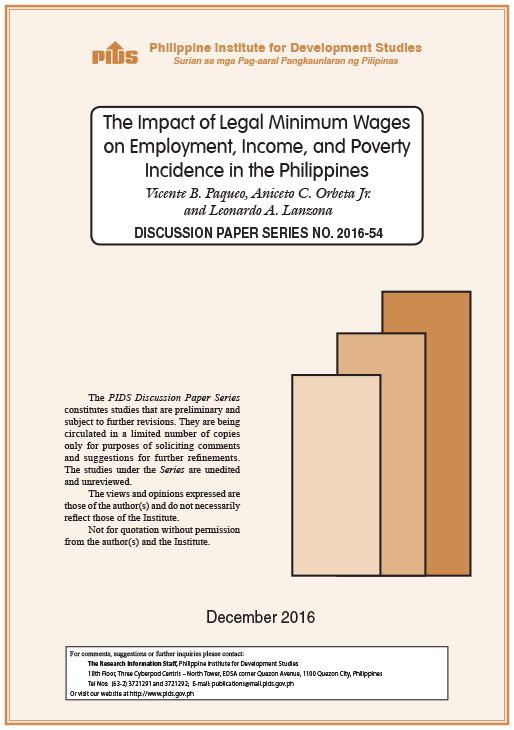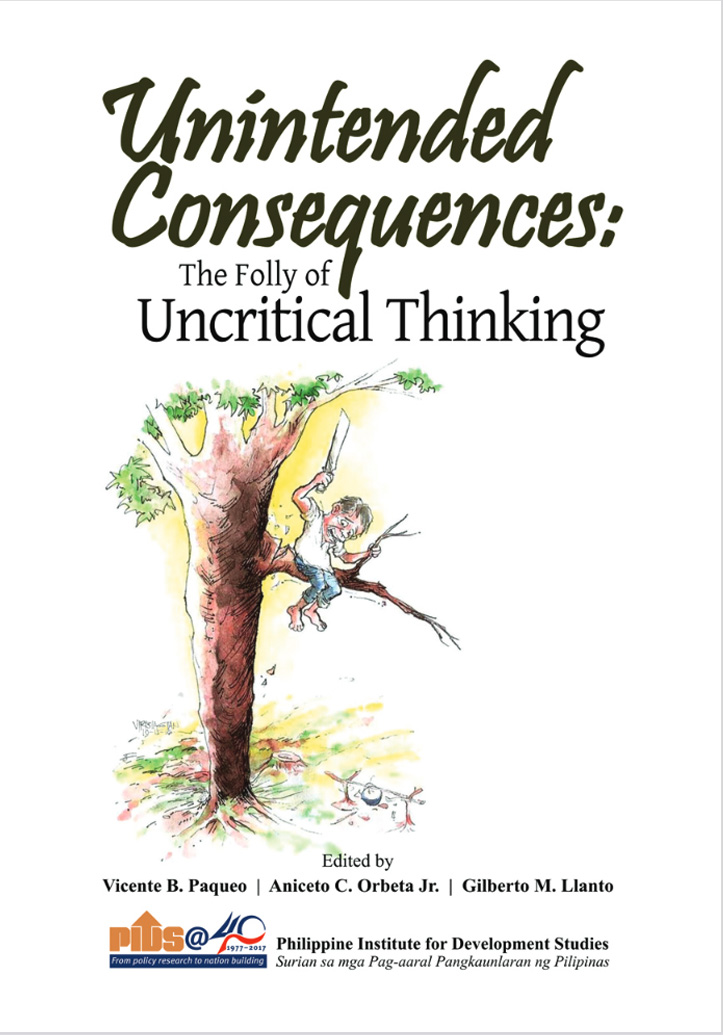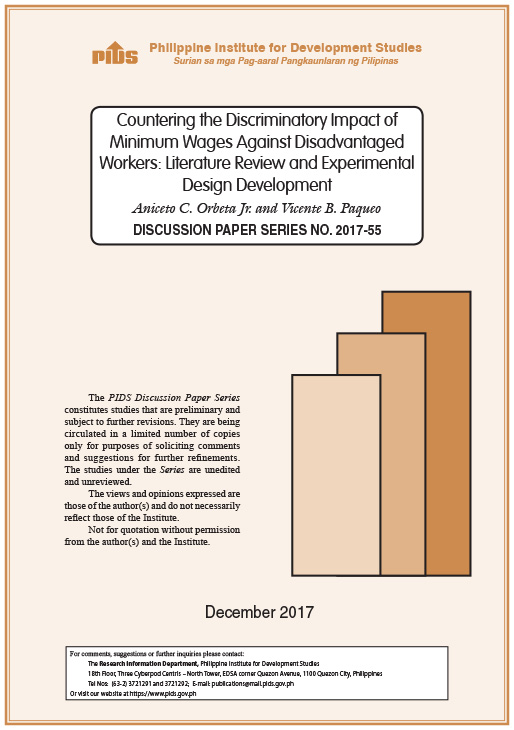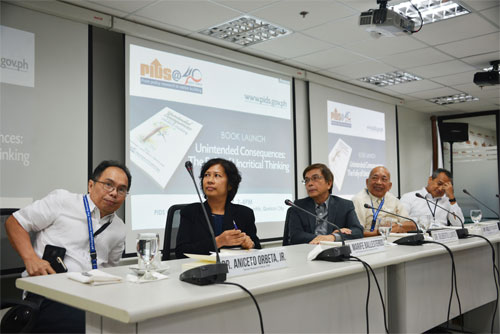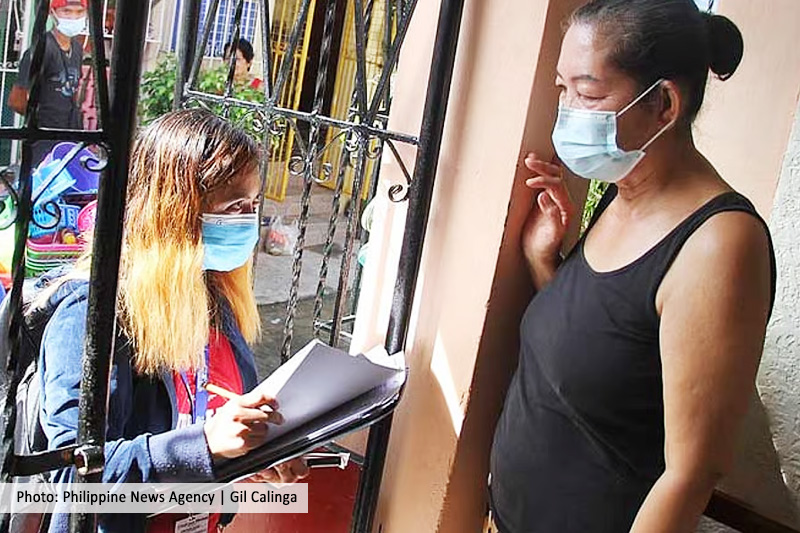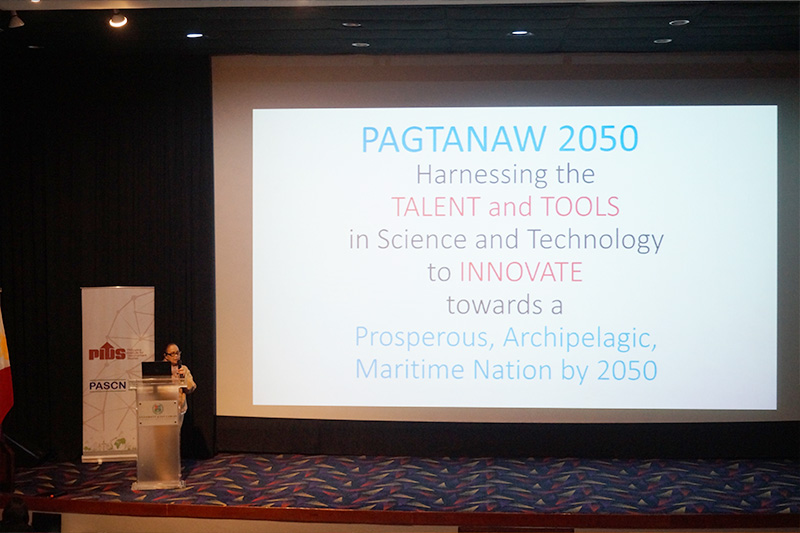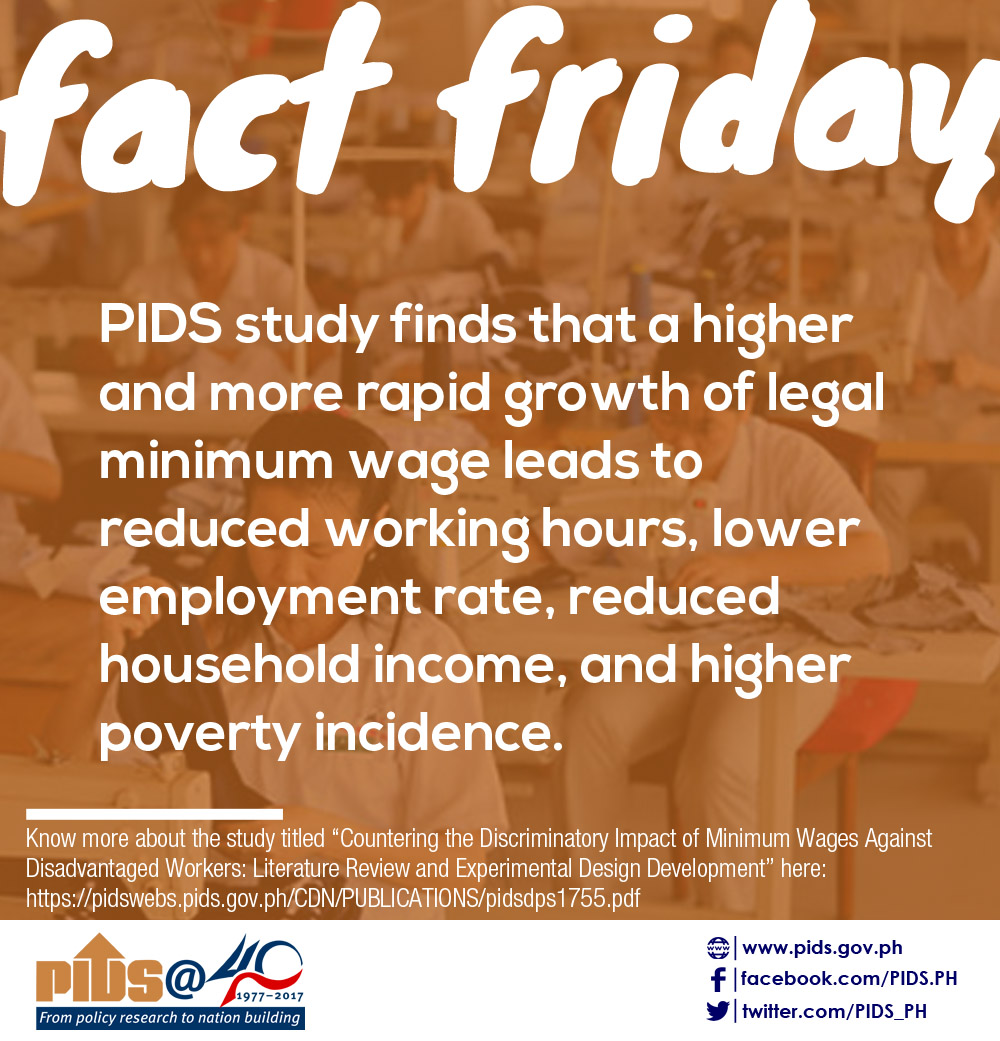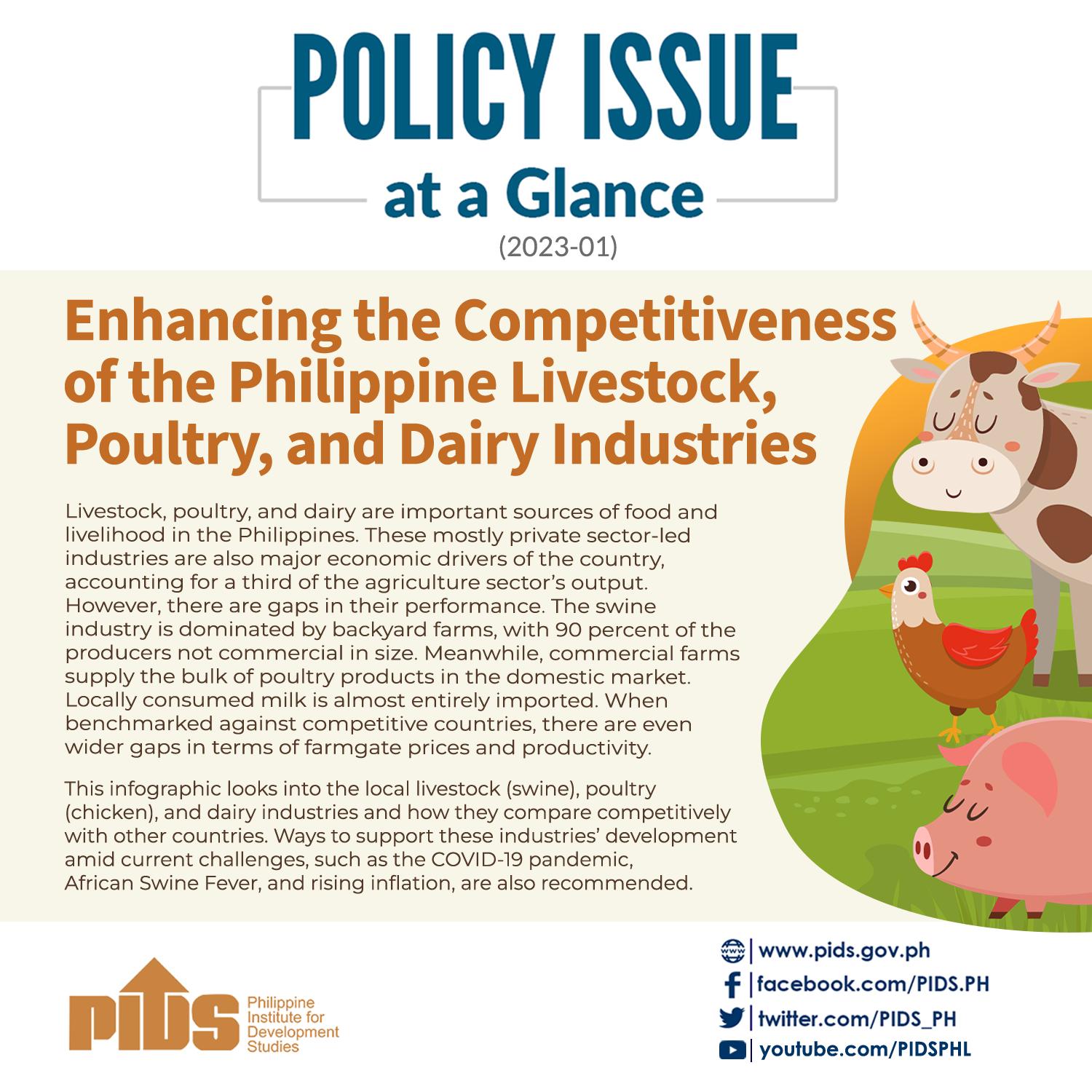Four of the most eminent economists in the country have criticized the minimum wage law for perpetuating the twin problems of unemployment and poverty amid rapid economic growth. The economists–Gerardo Sicat, Gilbert Llanto, Calixto Chikiamco and Raul Fabella–have called for policies that will lower the cost of labor in the Philippines and make it more competitive to boost investments and job creation. Sicat, the country’s first economic planning chief, said the high wage levels in the Philippines, made possible by the minimum wage law, was a key reasons why the country loses out in the competition for investments against its neighbors. In a his book titled "Weighing in on the Philippine Economy and Social Progress,” Sicat suggested the creation of "labor employment zones” in less affluent areas of the country to provide jobs to the unemployed and cut poverty incidence levels. He said a major incentive for locators in these zones would be exemption from minimum wage levels and from forced rules on regularization of employment. The objective is to create jobs, mainly in manufacturing and other businesses in the industrial sector. "Labor employment zones will reinvigorate the country’s economy with the expansion of labor-using industries and the growth of consumer demand that is driven by new wage earners whose incomes surpass their old incomes,” Sicat said in his book launched Friday. The three other economists supported Sicat’s view, saying the minimum wage law ironically has only proven to put the poor at a disadvantage because of the consequence of lack of job opportunities. "The protection of the labor sector in the form of the minimum wage is working against the poor,” Gilbert Llanto, president of the Philippine Institute for Development Studies (PIDS), said in a panel discussion during the book launch.
More flexible law on PH minimum wage urged - Rigid policies crimp competitiveness, economists say
Philippine Daily Inquirer

